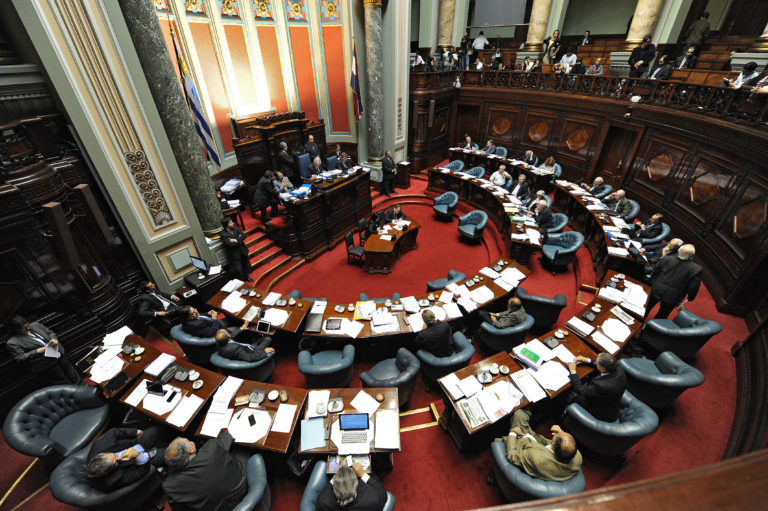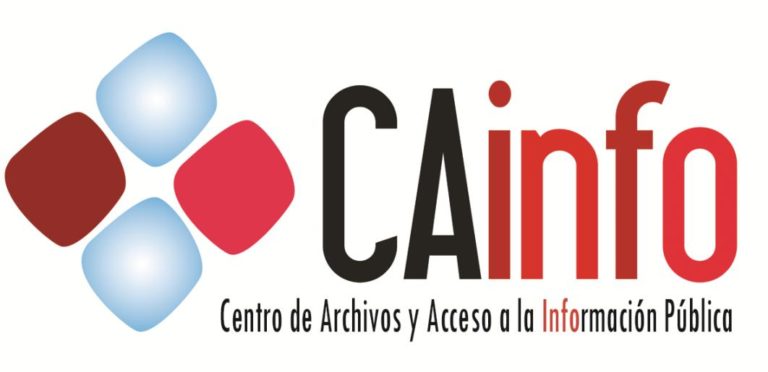(AMARC/IFEX) – President Tabaré Vázquez’s government has taken up as their own a proposal by various non-governmental organisations and experts to decriminalise the offences of “insult” and defamation, thereby improving Uruguay’s legislation and bringing it into line with international human rights standards. In a few days a bill to accomplish that will be brought before […]
(AMARC/IFEX) – President Tabaré Vázquez’s government has taken up as their own a proposal by various non-governmental organisations and experts to decriminalise the offences of “insult” and defamation, thereby improving Uruguay’s legislation and bringing it into line with international human rights standards. In a few days a bill to accomplish that will be brought before parliament by the Education and Culture Minister. If passed, it will amend various articles in the Press Law and the Criminal Code.
According to “La República” newspaper, the bill proposes the decriminalisation of the offences of “insulting authorities” and defamation when the statements refer to “matters in the public interest or concerning government officials, individuals who are in the public eye because of their profession or office, or other citizens who have voluntarily involved themselves in a matter in the public interest.”
The law would recognise in such cases the right of the accused to prove that events referred to in their coverage in fact happened as they described them, and to prove even the “plausibility of the qualities attributed to the person (referred to)”, which may absolve the accused from responsibility, unless it can be demonstrated that he or she acted with “real malice.” Thus, those making even erroneous assertions are protected, since their intention to damage the other person’s reputation or to violate the person’s right to privacy will be examined.
The bill also proposes the elimination of the crimes of vilification of national symbols and “attacks on the honour of a foreign head of state,” and recognises the right of any aggrieved person to have the media outlet in question publish or broadcast their rebuttal, in a manner similar to the news item to which they are responding.
The bill is intended to address anachronistic provisions still contained in Uruguayan law, such as those defining disrespectful comments about authorities as a crime (desacato), although the government has made some changes to the text that was proposed by the civil society organisations.
The bill clearly stipulates written or verbal offences will not be considered crimes, that is to say, they will not be punishable by incarceration nor result in a criminal record. It also expressly stipulates that one cannot be punished for criticising or expressing disagreement with the authorities. Nevertheless, some concern has been expressed that although the definition of the crime of “insulting authorities” has been narrowed considerably and now refers only to “real offences”, it is still considered an offence. In many eyes this runs contrary to the Declaration of Principles on Freedom of Expression of the Inter-American Commission on Human Rights and the jurisprudence of the Inter-American Court of Human Rights.
A citizens’ coalition worked for months to put together a proposal for amending the national freedom of expression legislation. It was composed of the journalists’ union (Asociación de la Prensa Uruguaya), the Uruguayan Institute for Legal and Social Studies (Instituto de Estudios Legales y Sociales del Uruguay, IELSUR), experts and members of the Inter American Press Association (IAPA) and AMARC.
The coalition praises the government for its willingness to bring this bill before Parliament, and for basing the bill in large part on the coalition’s proposal.


